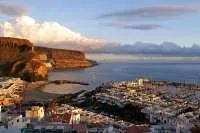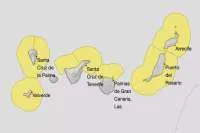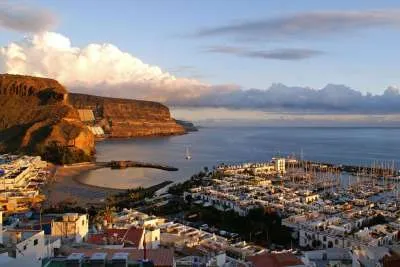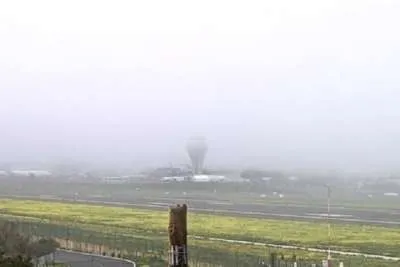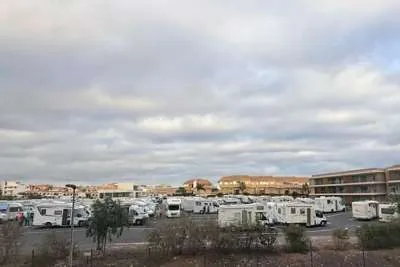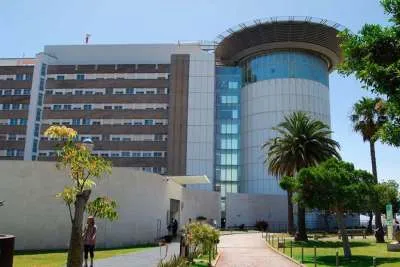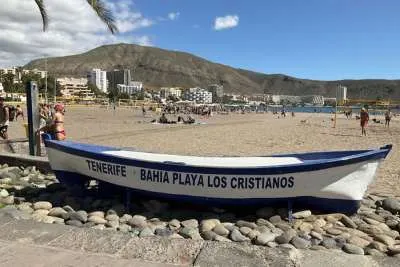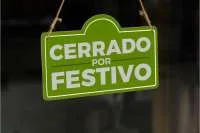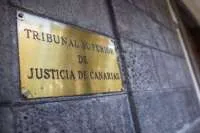Clocks go back this weekend, but is it the last time in the Canary Islands?
- 25-10-2024
- National
- Canarian Weekly
The long-standing tradition of adjusting the clocks in the Canary Islands, and across Spain, will soon come to an end. The biannual clock change, which has been practiced for decades, has faced growing criticism, and its relevance in the modern era has been widely debated.
Daylight saving time (DST) in Spain dates back to World War I when it was introduced primarily to save energy by maximizing daylight. Many European countries, including Spain, adopted this system as part of wartime efforts. However, it wasn't until 1940, under Franco's regime, that Spain officially synchronised its time with Germany, solidifying the practice we know today.
The implementation of DST wasn't consistent across Europe initially, but it became more institutionalised, especially after the oil crisis of the 1970s. This global event heightened the need for energy conservation, making DST a standard policy across many countries, including Spain.
The Ongoing Debate
In the Canary Islands, as in the rest of Spain, DST has been a constant for decades. Yet, despite its longevity, it has faced increasing scrutiny. In recent years, experts and the public alike have questioned its relevance in light of modern technological advancements.
The primary goal of DST has always been energy savings, with studies suggesting it can reduce electricity consumption by up to 5%. By adjusting clocks, societies could optimise daylight use, cutting down on energy, particularly in lighting. Beyond energy savings, DST has also been seen as a way to extend daylight hours for work and recreational activities, enhancing productivity and quality of life, particularly in summer.
However, with advances in technology and increased energy efficiency in homes and workplaces, many experts have begun to question if DST remains necessary.
Health and Daily Life Impact
One of the most significant concerns surrounding DST has been its impact on health. Numerous studies have shown that clock changes can disrupt people's circadian rhythms, leading to disturbances in sleeping patterns and fatigue.
In the Canary Islands, this debate has been particularly pronounced. Although the time difference with mainland Spain has allowed for some adjustments, many Canary Islanders feel that the impact on their daily lives is substantial. Changes in sleep patterns, routine disruptions, and the need to adapt to new schedules have caused discomfort for a large part of the population.
As a result, pressure to eliminate DST has increased over the years, particularly in regions like the Canary Islands, where geographical and time zone differences directly affect residents’ well-being.
When Will DST End in the Canary Islands?
The major announcement came when the Boletín Oficial del Estado (BOE) confirmed that DST would remain in effect in Spain until 2026. However, the same document left open the possibility for the Canary Islands, along with the rest of the country, to end this practice sooner if a general consensus is reached among experts and the population.
The debate on whether to keep or eliminate DST has been ongoing for years. Recent reports presented by an expert commission in 2019 emphasised the need for a thorough assessment of the risks and benefits associated with ending DST. According to the commission, it is crucial to evaluate the implications carefully and ensure the public is well-informed before any final decision is made.
What Happens After DST Ends?
If the end of DST in the Canary Islands is confirmed, it will represent a significant shift in the daily lives of its residents. The long summer evenings and early winter nights will become a thing of the past as the time will remain consistent throughout the year.
The main challenge will be to ensure a smooth transition, avoiding confusion and ensuring coordination with the rest of Spain and Europe.
Upcoming Time Change
Until the final decision is implemented, the next scheduled clock change will occur this weekend. Like the rest of Spain, Canary Islanders will move their clocks back on the night of October 26th-27th. At 3:00am on Sunday, clocks will go back to 2:00am, marking the start of winter time.
Other articles that may interest you...
Trending
Most Read Articles
Featured Videos
TributoFest: Michael Buble promo 14.02.2026
- 30-01-2026
TEAs 2025 Highlights
- 17-11-2025





